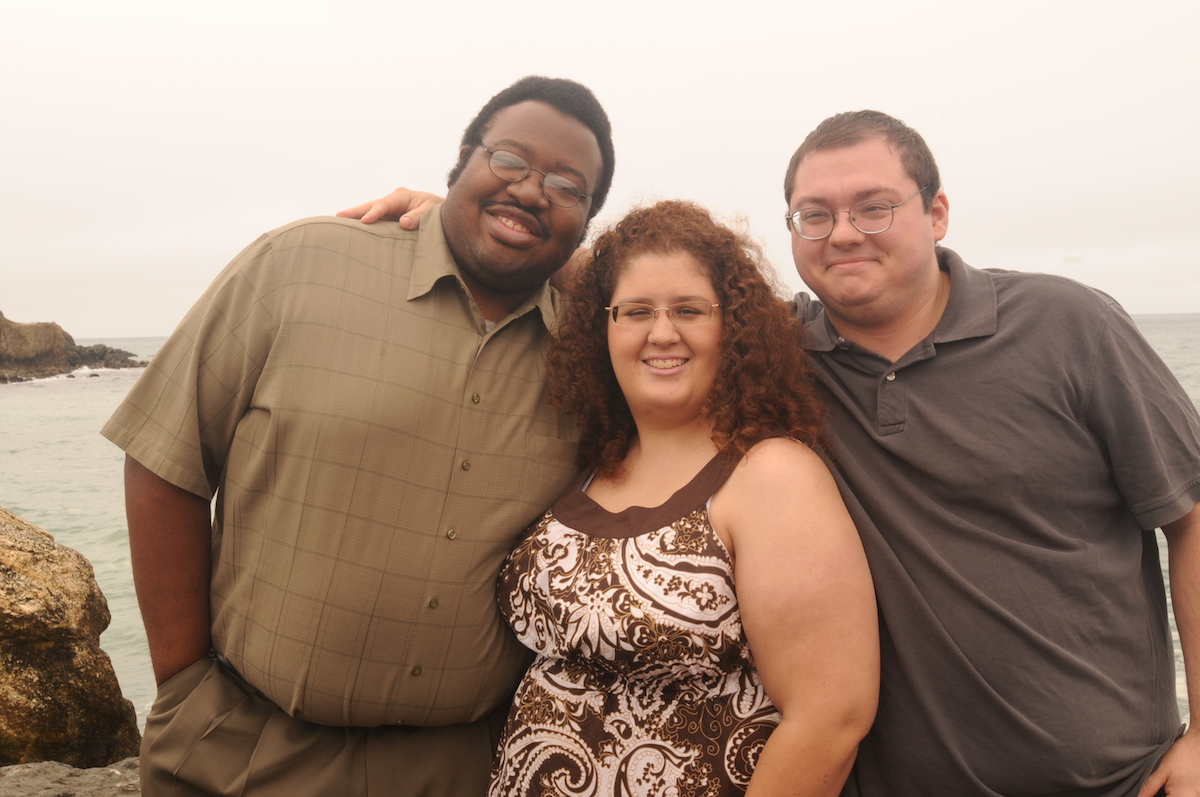By Jane Bailey
“They’re not your friends, you know.”
The sentence would have sounded right at home in the mouths of my middle-school tormenters: the thin, popular girls who told me I couldn’t sing with them in the talent show because I was neither. To hear them from a therapist, a professional whom I was told would help me, to whom I had just poured out my sixteen-year-old heart, was stunning.
One glimpse of the victorious look on my mother’s face snapped me out of it. “Are so,” I said. I knew talking back was dangerous. I didn’t care. They were my friends. They were the only good thing in my life some days: the people who sat up with me all night, telling me I wasn’t worthless, and that I deserved to live. The people who told me I didn’t deserve to get screamed at, thrown out of the house, abandoned. The people who first uttered the word “abuse” to describe the way I was treated.
“No, they’re strangers on the internet. A best friend is someone whose phone number you’ve memorized.”
I didn’t have a comeback for that, not yet. But that night, I asked each and every one of them for their numbers. By graduation, I had long since memorized them. Take that, I crowed in the privacy of my own mind. Now we’re best friends.
People who survived times of great scarcity, such as the Great Depression, change in ways we readily recognize. They become insecure about food; they become frugal, hating to waste anything, hoarding what they have against the time of hunger they know must be coming again. The same can be said for people who are deprived of love and acceptance: we become frightened of being alone, terrified that anyone who claims to love us will withdraw that love the way my mother always withheld hers.
That conversation, that therapist, had shown me a glimpse of my heart that I couldn’t forget. It showed me the depths of my feelings for these people I’d never met in person; it showed me where my real loyalties lay. But it also opened a weakness, a direct line to my heart. They were, after all, from the internet. They were, in some sense, strangers. What if this were an elaborate con job? What if they didn’t love me at all?
I began to push at the boundaries, test the waters. I started joking about being the ‘little sister,’ playfully calling them “big brother” and “big sister” until it wasn’t a joke anymore. I made my intentions clear: I needed a family, one that wouldn’t abandon me or scream at me. One that loved me back.
As soon as I graduated, I bought myself a bus ticket across the country and moved in with my “big brother.” The relationship quickly turned sexual; I needed a safe harbor, and he promised to protect me while I healed. I began to piece together a life worth living, a life of my choosing.
The shadowy places in my heart remained. I became jealous, sure that as soon as he realized he could find someone prettier than me he’d leave me. I became anxious that as soon as he saw me as a real person and not some idealized version of myself he’d leave me.
But he didn’t. After several years, he made me a promise that he never would; we married, and I was sure I had now achieved the pinnacle of love.
As I entered the workforce, I began to hear the phrase “emotional affair.” As I examined my relationships, hunting for any sign that I was unfaithful, what I found was a hopeless mess: I loved people, opened myself to them and was loved by them in return, and I yet again didn’t have a good vocabulary to explain my actions. When I confessed my fears to my husband, he was unsurprised. Having loved me for so long, he already knew what my heart was like. Instead of leaving, he offered a suggestion: what if we opened our relationship? If we had agreements in place, if we spoke openly and honestly about our feelings for other people, surely that would be better than fighting to impose exclusivity and restricting the ways in which we could love?
Today, my family looks nothing like what I expected when I first left home. I have an immediate family: a stable triad, the three of us living and loving together as we move into this new world of polyamory. I have an extended family: my girlfriend, my husband’s girlfriend, our lover’s brother. I have in-laws: my husband’s parents, our lover’s parents. I am far from done with this journey I am on; every day I learn new things about love and relationships, about family and friendships. The path isn’t laid out for me, but maybe it never was.
That therapist hurt me that day, but his words were true nonetheless. Those people weren’t my friends. They were my chosen family, and I love them all.
Jane is a self-published author of speculative fiction residing in Akron, Ohio. You can find her online at www.janebaileybooks.com.

